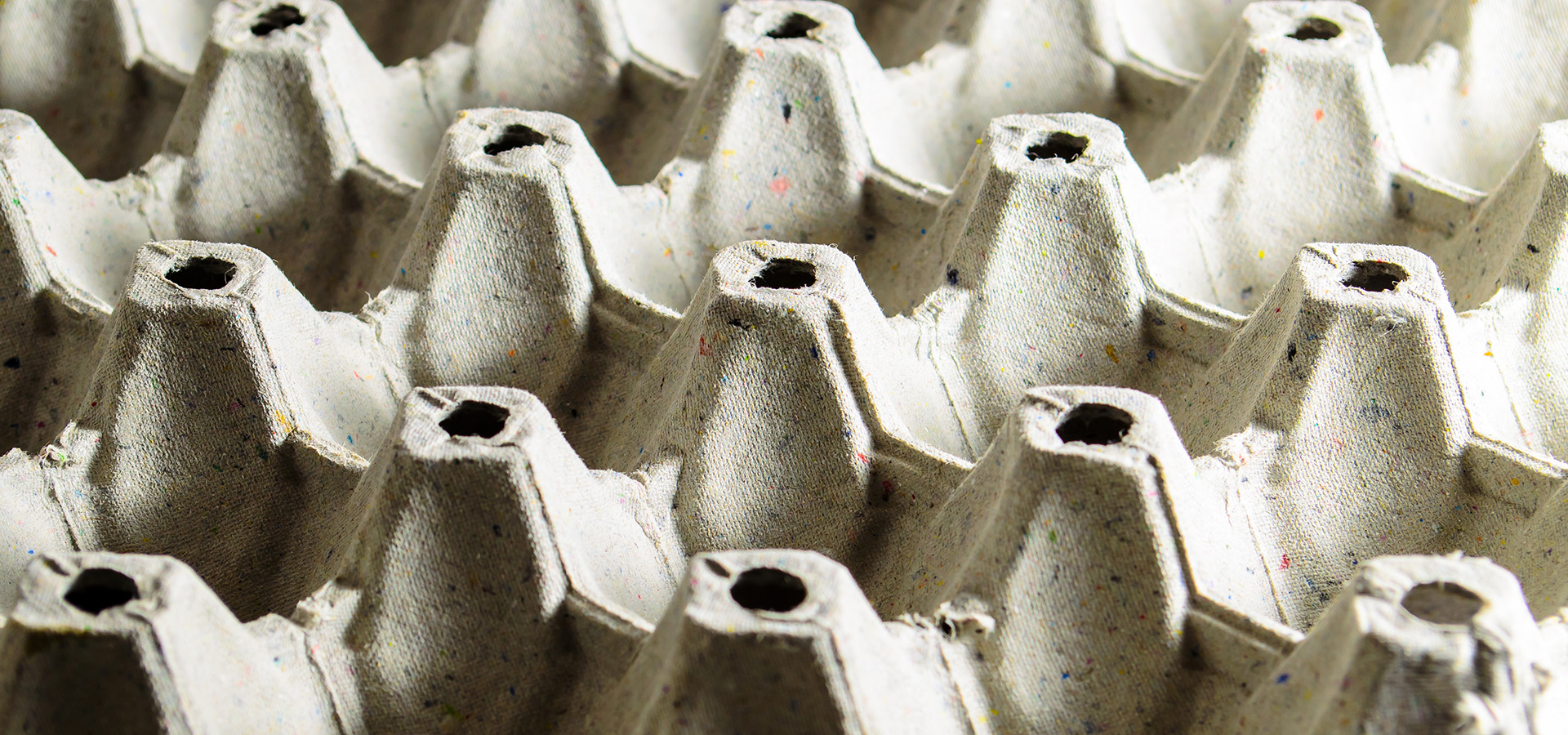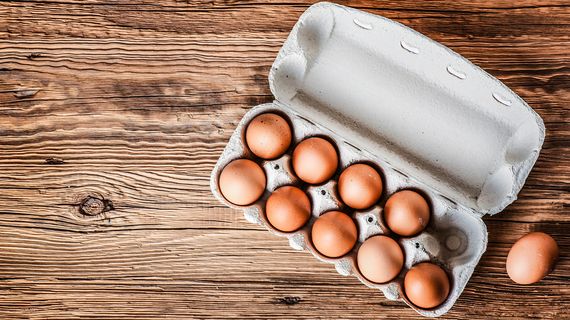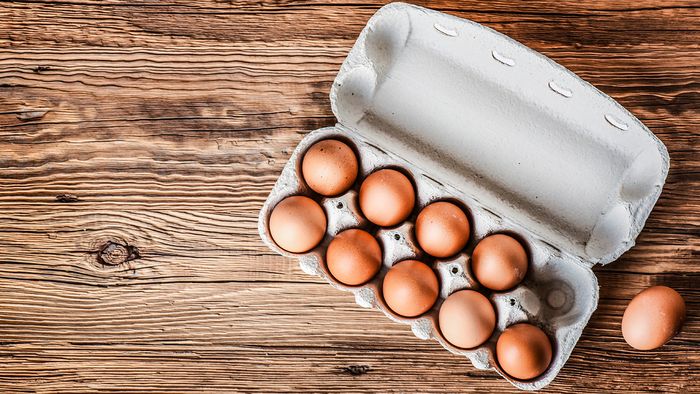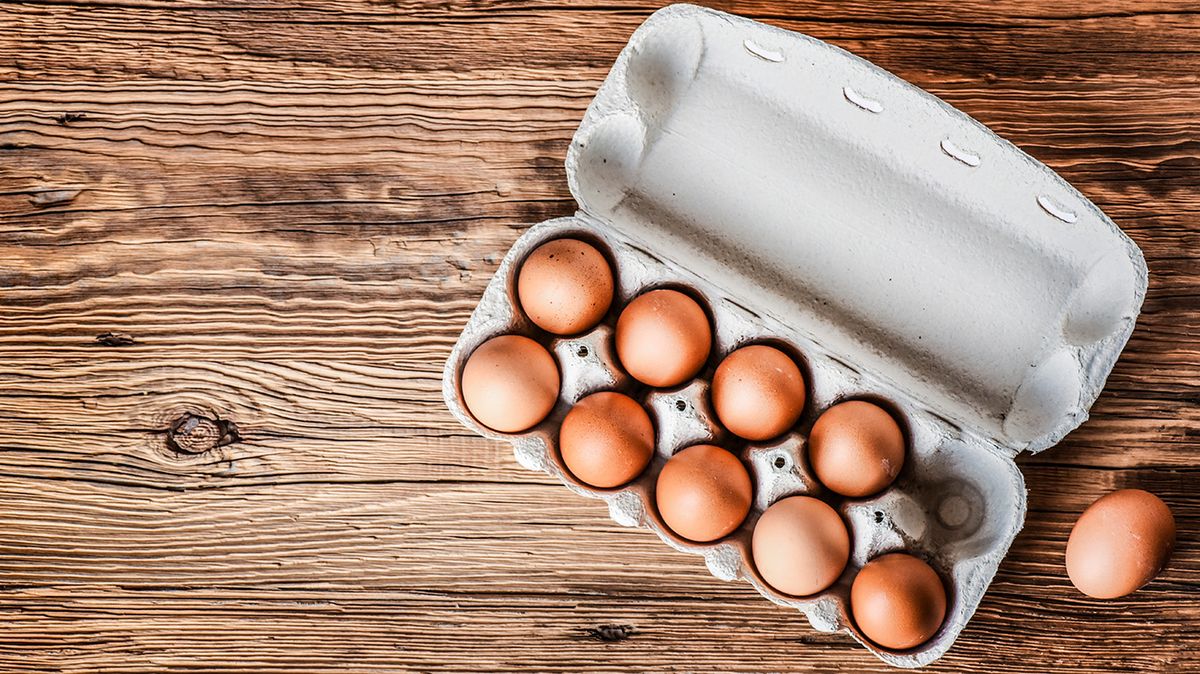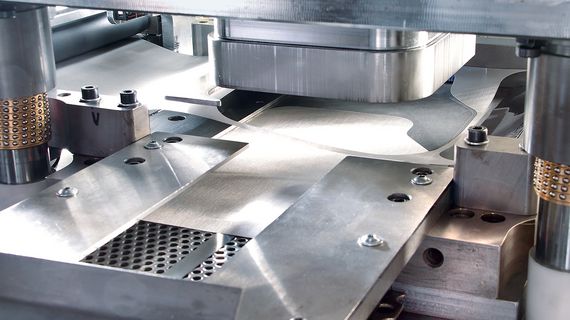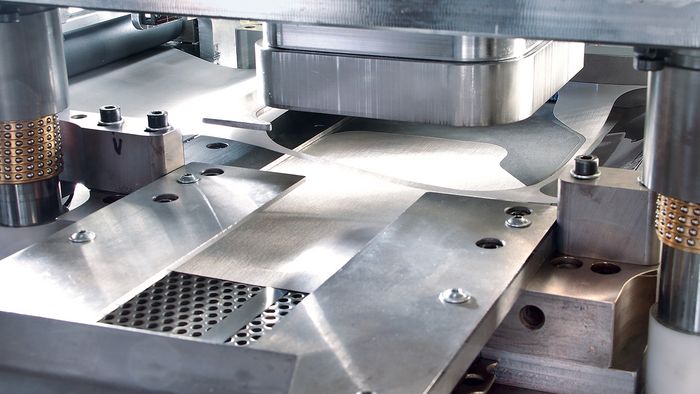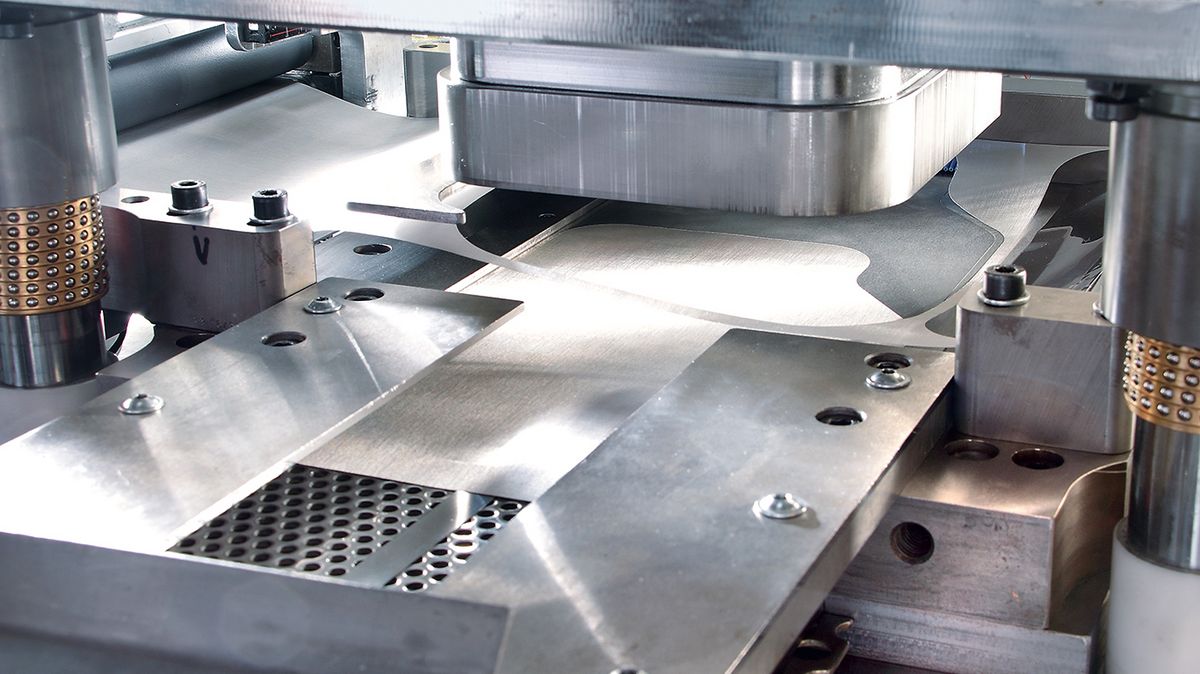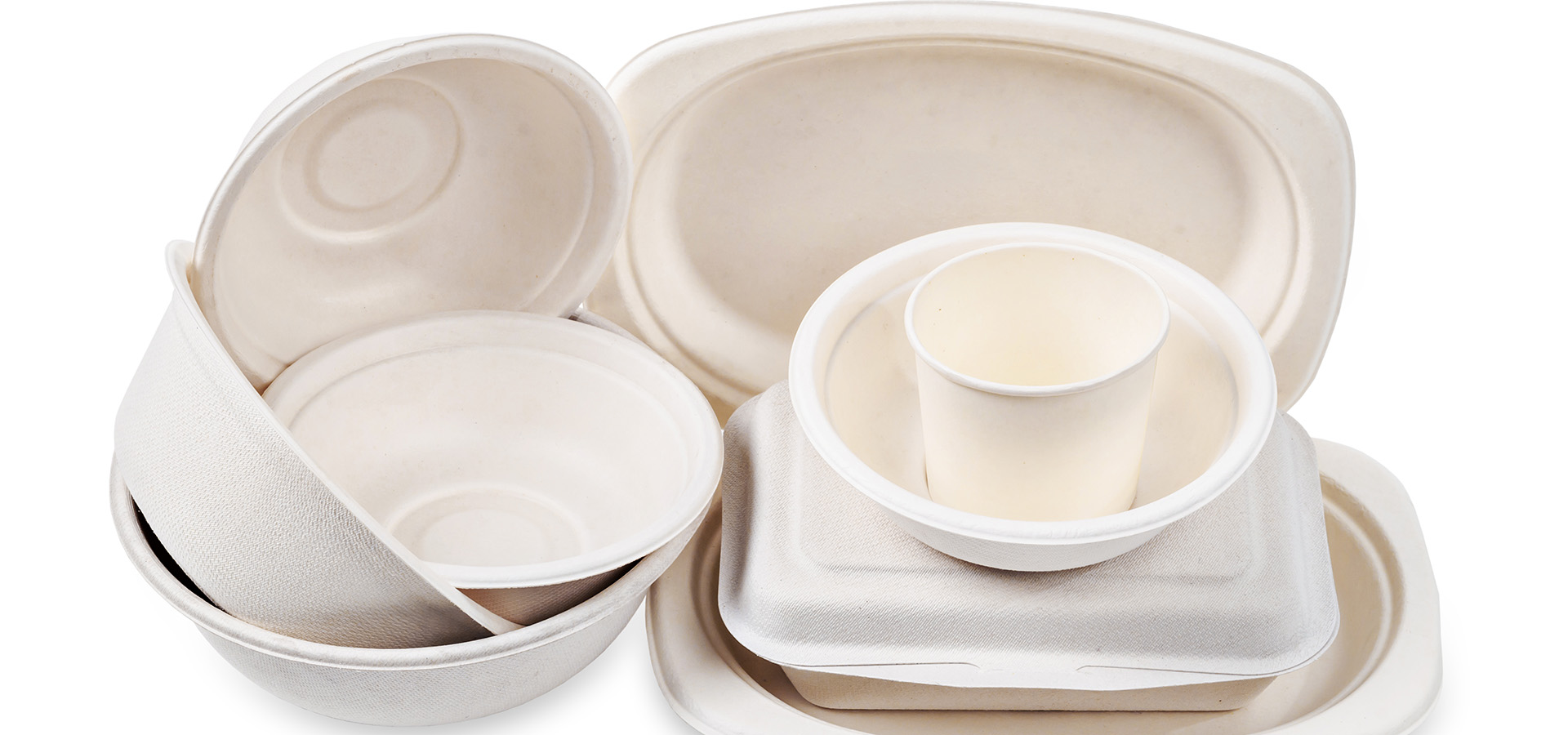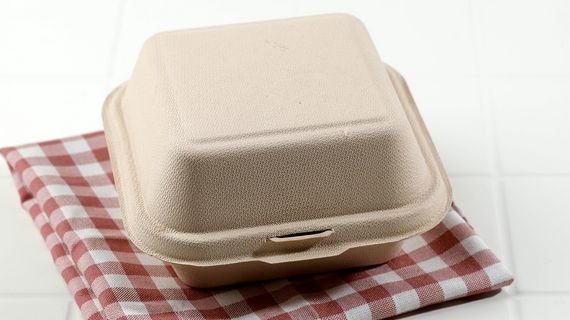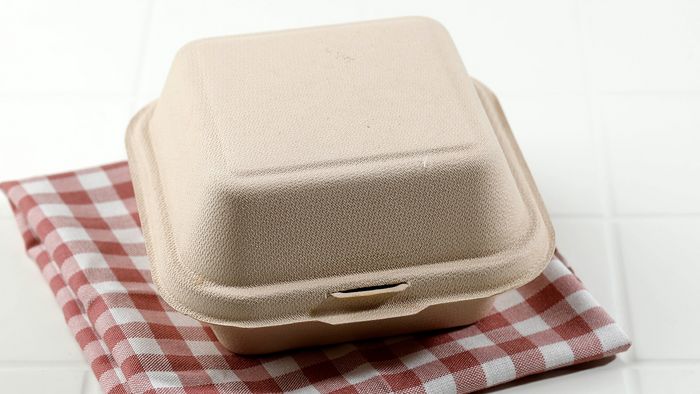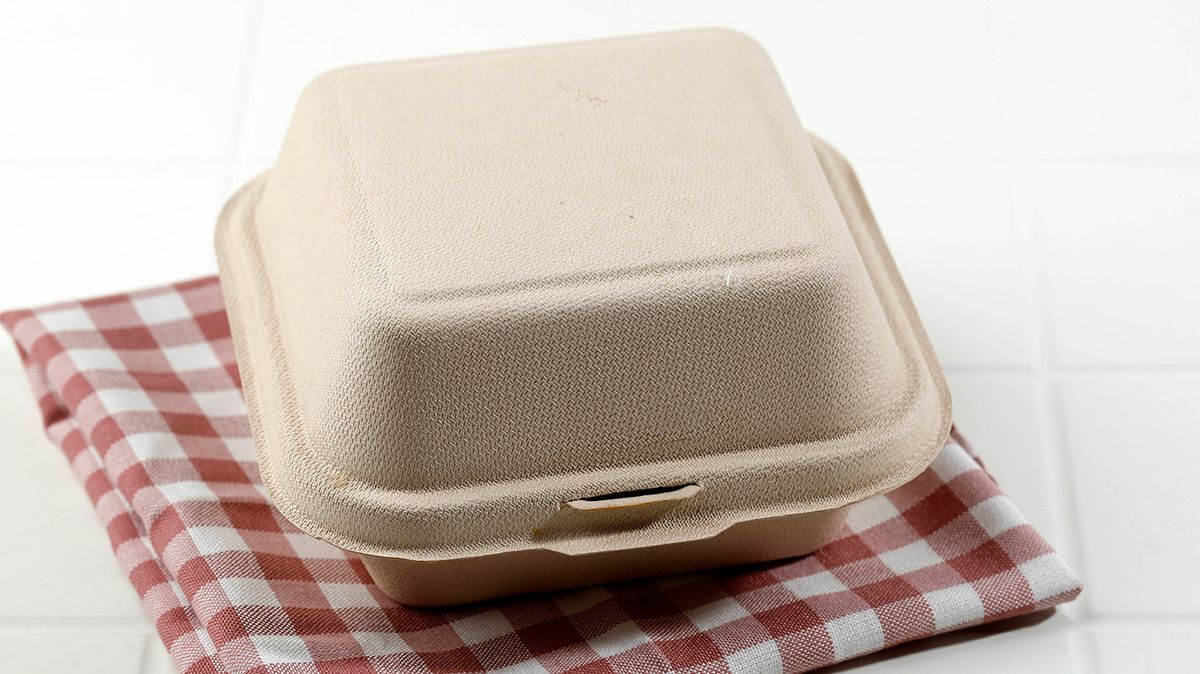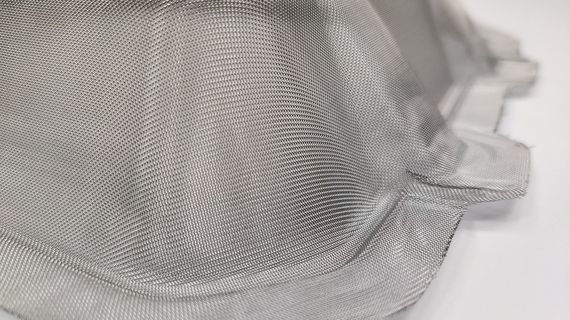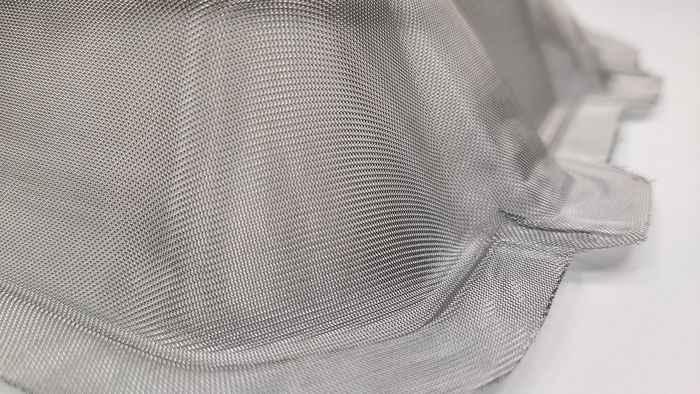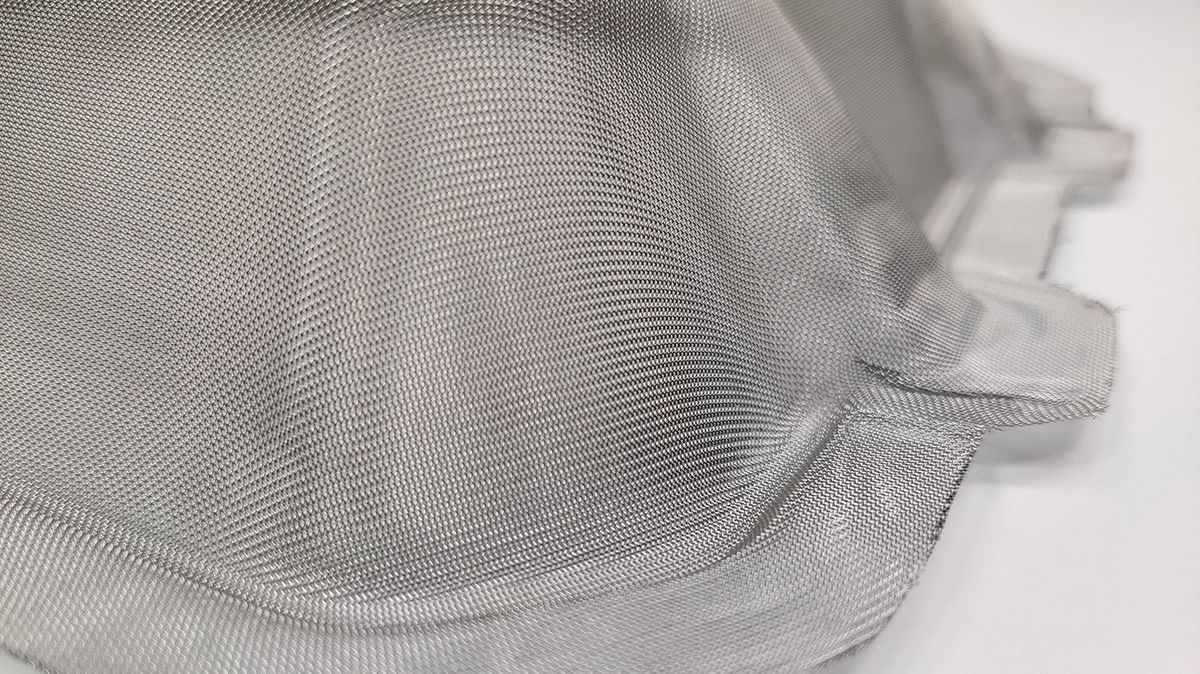Pulp & Fiber for More Eco-friendly Packaging
Wire Mesh for the Production of Molded Fiber
When searching for alternatives to plastic packaging, attention quickly turns to materials like natural fibers or recycled paper. These base materials have enormous potential, which is unlocked through fiber molding technology. They are transformed into sturdy, form-stable packaging for food, technology, and many other products.
Wire Mesh for Shape and Function
Egg cartons are probably the most famous examples of packaging made from molded fiber. They protect a particularly fragile product using only recycled paper, which repeatedly undergoes the recycling process, saving resources. To make this possible, wire mesh contributes its shaping and screening talents to these molded fiber parts.
As a manufacturer and supplier of wire mesh, we specialise in tailoring our mesh precisely to the specific requirements of our customers. Thanks to their unique flow properties, our wire mesh solutions are used in state-of-the-art inkjet printers and high-quality microphones, where the wide-embossed mesh ensures exceptional stability.
The excellent drapeability, heat resistance, and durability of our mesh also makes it an ideal forming tool for molded fiber. Here, alongside the fiber material, the material type, binding method, and mesh type of the fabric play a crucial role in the quality of molded fiber packaging. Together, we will determine the optimal mesh for your specific requirements and custom manufacture it for you.
Farewell to Plastic: Addressing the Need To Identify Alternatives to Single-Use Plastics
Plastic waste is a global problem for both people and the environment. Its volume grows daily and can be detected as microplastics in nature, our food, and even human bodies. Plastic threatens species extinction, climate change, and climate protection.
Therefore, manufacturing and packaging companies must develop alternatives and drastically reduce the use of plastics, especially in the form of single-use packaging, thereby massively cutting waste and the consumption of fossil resources.
Molded Fiber: A Versatile Solution With Future Potential
Molded fiber packaging is made from recycled paper and rapidly renewable resources like sugarcane, bamboo, or hemp. It is biodegradable and can be recycled in its paper form, reducing the need for new raw materials.
Molded fiber packaging has a wide range of applications, including food packaging (i.e., egg cartons, fruit trays, coffee capsules) and shock protection for electronic devices. They are suitable for transport trays, to-go containers, inserts for advent calendars, and sorting compartments. Some molded fiber manufacturers are also researching how to make molded paper bottles more liquid-resistant to package beverages and yogurt.
Advantages of Molded Fiber
Of course, "pulp and fiber" packaging alone is not the solution to the global packaging waste problem, but due to its properties, it holds great potential for a wide range of requirements. It is form-stable and versatile.
By using wire mesh, it gains its product-protecting shape during the manufacturing process, which, depending on the thickness and structure of the molded fiber material, can have shock-absorbing properties, provide thermal insulation, and enable air circulation when needed. Additionally, molded fiber packaging can be designed to be stackable, nestable, and printable. Not to mention, the consistent form of molded fiber enables automated processes.
Bring your packaging into shape with wire mesh from Haver & Boecker!
Environmental Protection: Not Just a Matter of Feeling
Protecting our life-sustaining resources is everyone’s responsibility. Current legal regulations, such as the EU Packaging Directive, should, in our view, only be the minimum standard companies follow. When companies lead the way, consumers can follow, helping to protect resources and our planet.
This is why our experienced technicians and engineers in the research and development department continuously evolve our wire mesh solutions to meet increasing demands, such as more complex geometries or smoother surfaces in molded fiber packaging.



